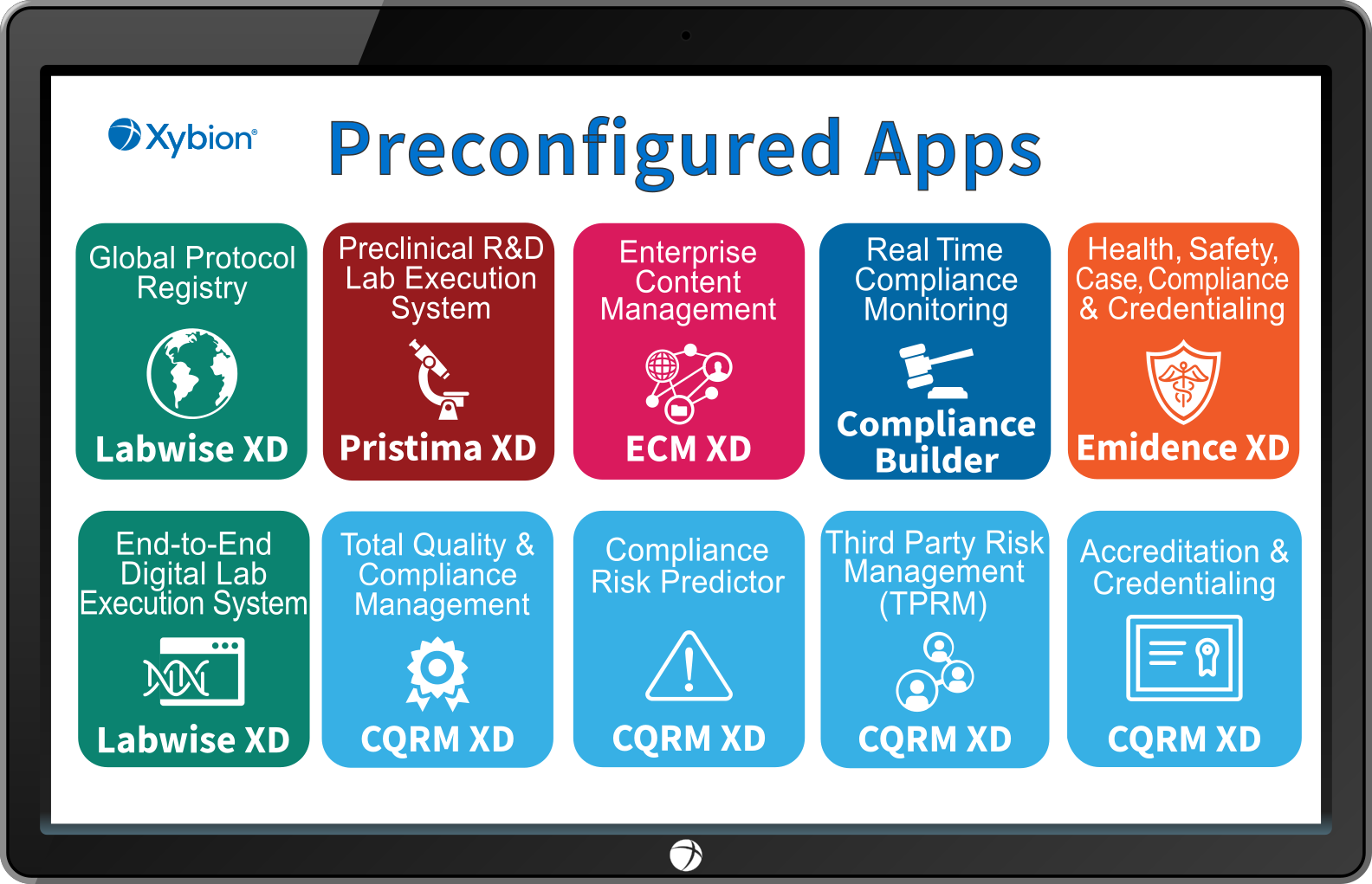What is Enterprise Content Management?
 Enterprise content management (ECM) is a type of software that helps organizations capture, store, activate, analyze, and automate unstructured business data into valuable information. ECM solutions can be deployed on-premises, in the cloud, or as a hybrid deployment.
Enterprise content management (ECM) is a type of software that helps organizations capture, store, activate, analyze, and automate unstructured business data into valuable information. ECM solutions can be deployed on-premises, in the cloud, or as a hybrid deployment.
Enterprise content management (ECM) is a type of software that helps organizations capture, store, activate, analyze, and automate unstructured business data into valuable information. ECM solutions can be deployed on-premises, in the cloud, or as a hybrid deployment. An enterprise content management solution includes features such as file storage/sharing, document workflow, records retention policies, and security including all sorts of organization’s information in Word docs, Excel spreadsheets, PDF files and scanned images. It allows organizations to take the best out of its customer’s and company’s information embedded in its content. When information is effectively managed throughout the organization, it can be used to automate business workflows, engage customers, and eliminate siloed functions.
This blog post will explain what you should know about an ECM solution before you choose one for your organization.



















